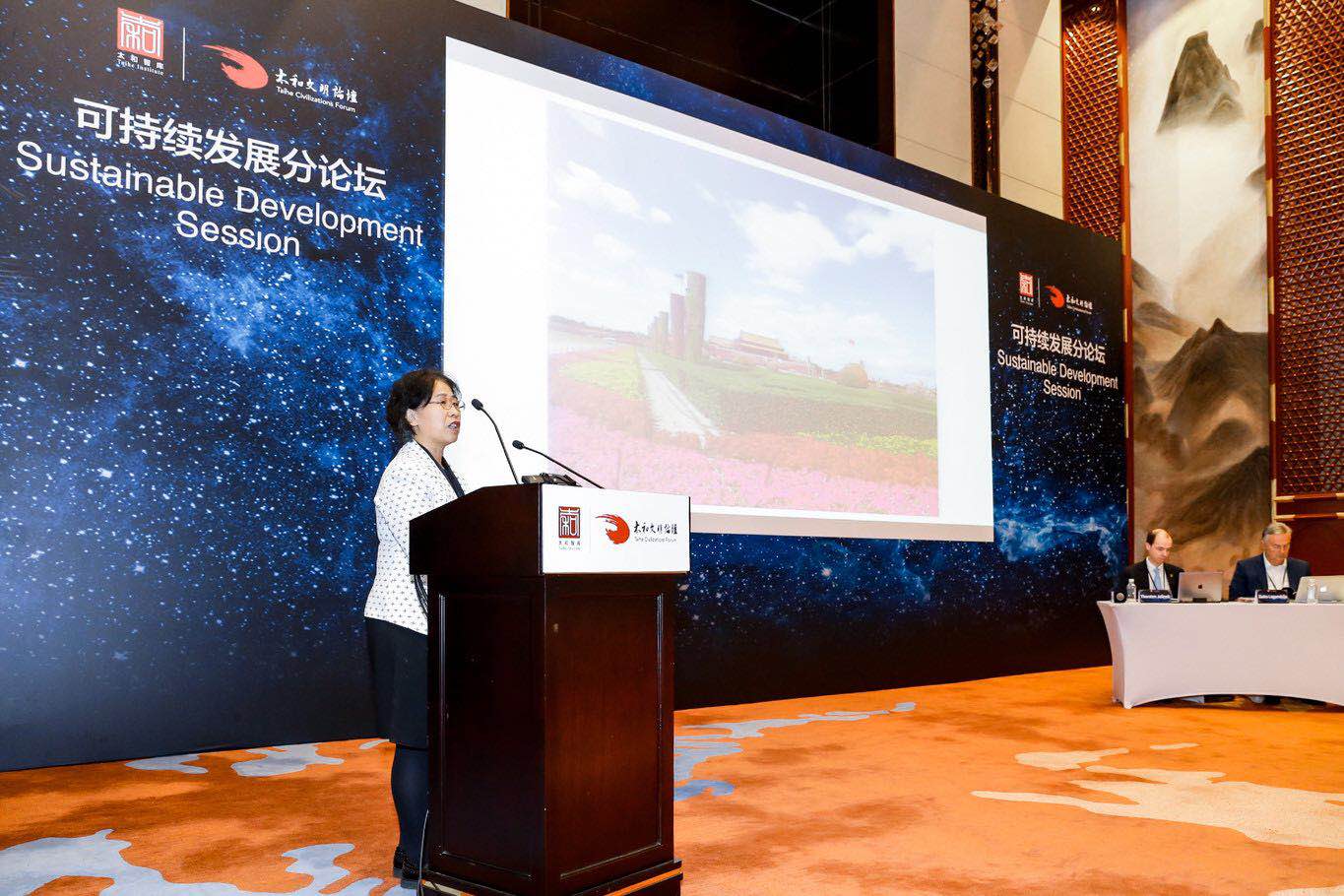(China.com.cn/WANG Lin, JIANG Xinyu) On September 8th, 2018, the 2nd Taihe Civilizations Forum’s Session on Sustainable Development was held in Miyun, Beijing by the Taihe Institute. Hundreds of experts from political, business and academic fields participated the forum and shared their ideas and wisdom, seeking innovation and cooperation and developing common values, so as to explore more ways to tackle climate change and promote sustainable development. The session on Sustainable Development was chaired by Zlatko Lagumdzija, Former Prime Minister of Bosnia and Herzegovina; and Thorsten Jelinek, Europe Director and Senior Research Fellow of the Taihe Institute. Participants conducted discussions on three main topics: “Overcoming structural obstacles to sustainable development”, “Up-scaling green technologies and industries”, and “China’s new role in global sustainable development”.
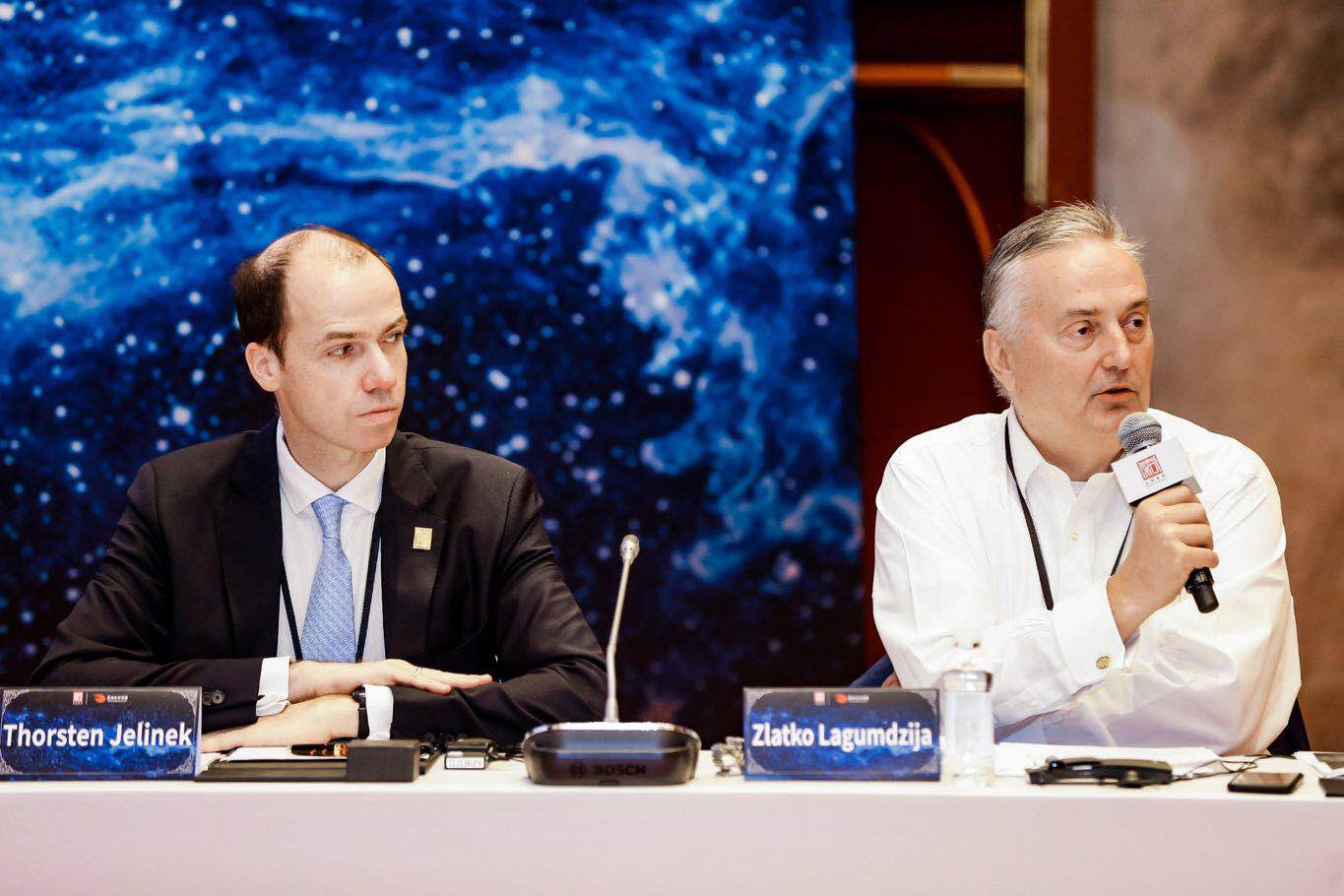
Zlatko Lagumdzija(right)Thorsten Jelinek(left)
Despite the great efforts made by countries to sustainable development, many economies still have not shaken off or changed their old production and consumption patterns. Compared with adapting the energy resource structure, it is even more difficult to reduce industrial carbon emissions. Up to now, the demand for fossil fuels is still higher than for renewable energy resources, and the carbon tax is only implemented in a few economies. How to break through the structural obstacles to sustainable development remains a difficult task.
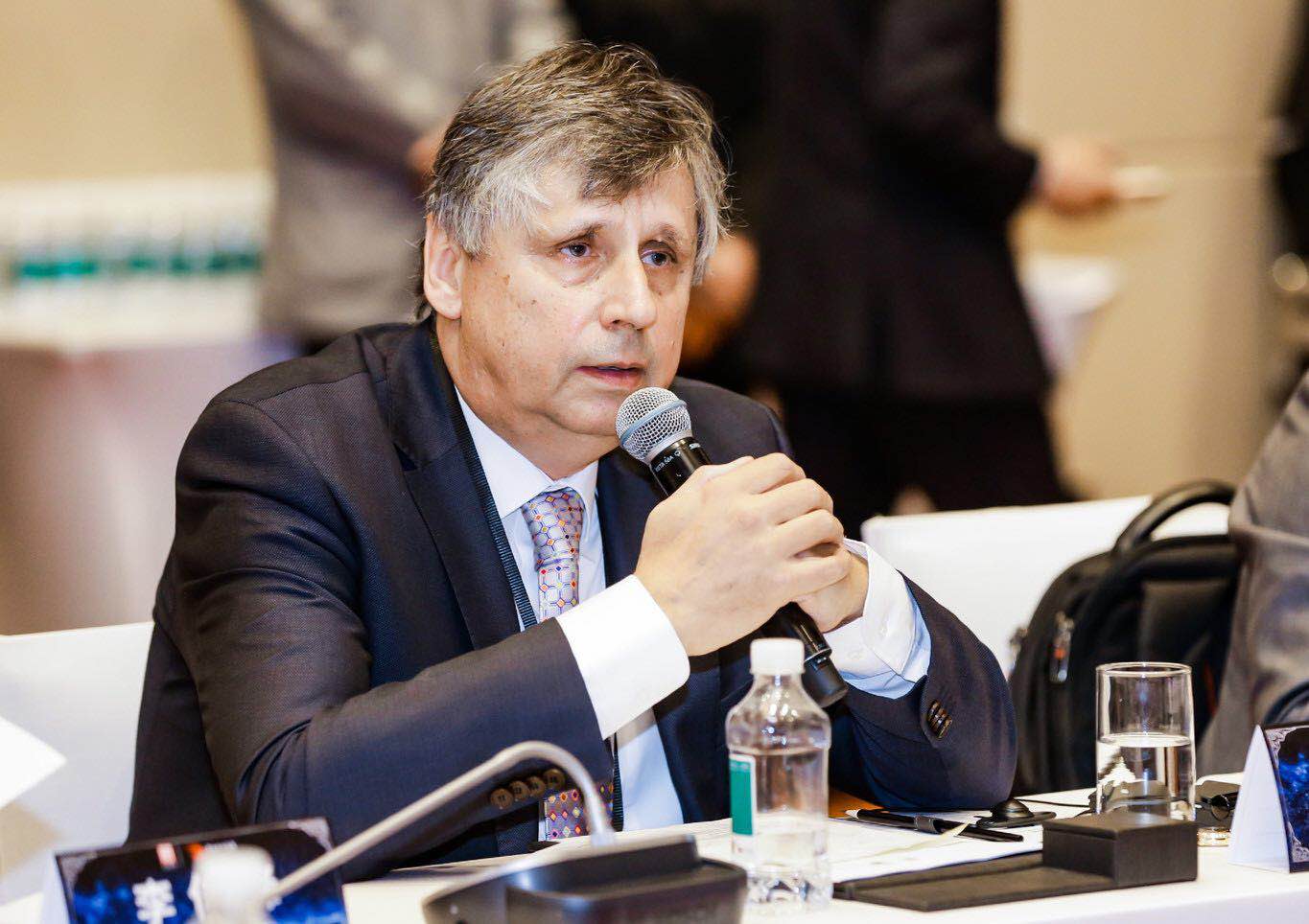
Former Prime Minister of the Czech Republic, Jan Fischer
Under the topic of “Overcoming structural obstacles to sustainable development”, Jan Fischer, Former Prime Minister of the Czech Republic, first offered a speech entitled “Sustainability and current geopolitics: seeking for a context”. He believed that the key to sustainable development was to strike a balance among economy, society and environment. It is an interdisciplinary and cross-sector issue in which many stakeholders should be involved. Yet imbalances and inequalities between developed and developing countries, and between superpowers and small countries, characterize the current world.
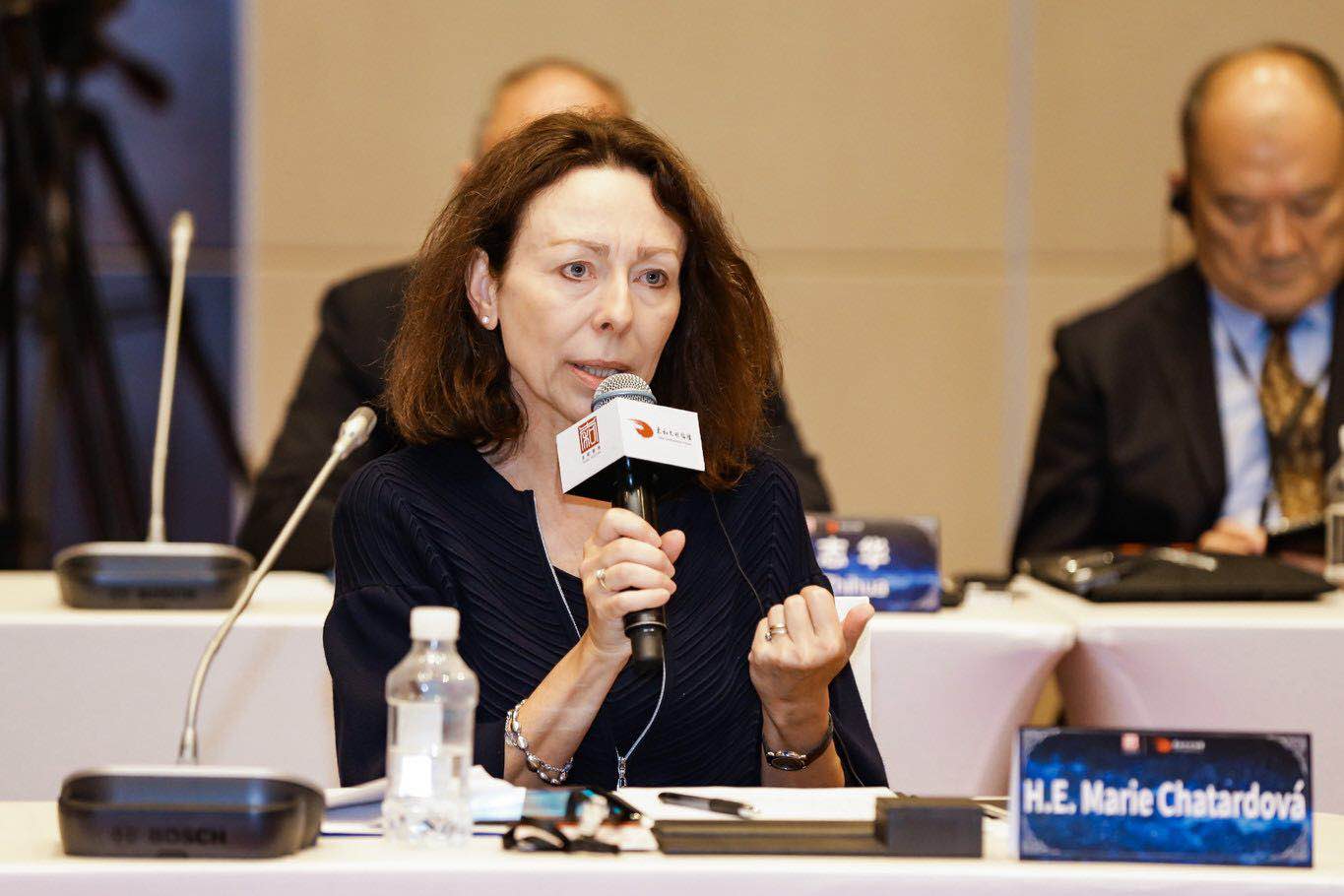
Permanent Representative of the Czech Republic to the United Nations and President of the United Nations Economic and Social Council (ECOSCO), Marie Chatardova
Marie Chatardova, Permanent Representative of the Czech Republic to the United Nations and President of the United Nations Economic and Social Council (ECOSCO), stated that achieving the goal of sustainable development required the concerted efforts of all countries, especially the progress of science and technology. We need to strengthen global partnership, enhance policy cohesion, create a favorable environment for realizing sustainable development at the international level and focus on solving the financing problem, said Marie Chatardova.
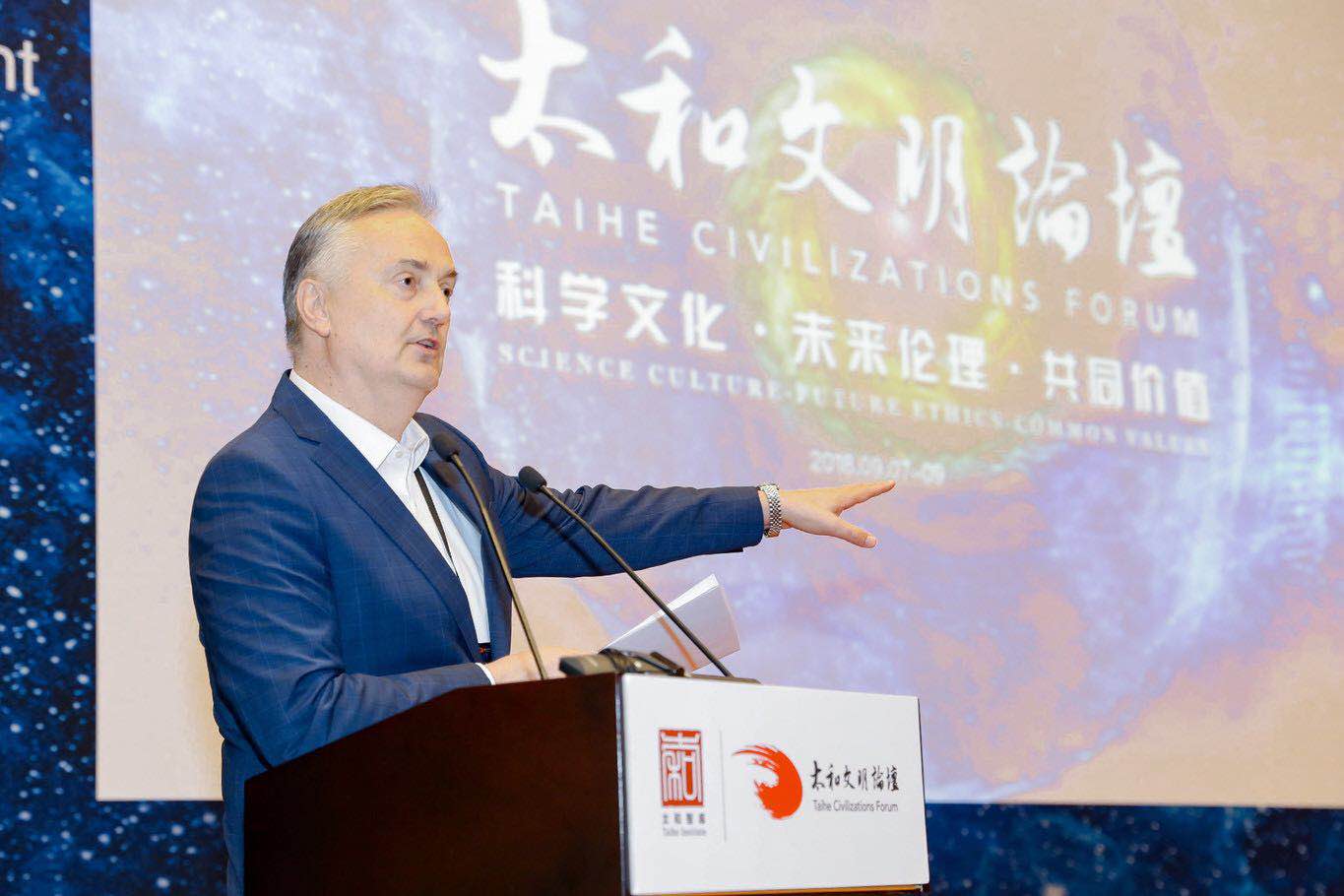
Former Prime Minister of Bosnia and Herzegovina, Zlatko Lagumdzija
Zlatko Lagumdzija, Former Prime Minister of Bosnia and Herzegovina, stressed in his speech “Making sustainable development goals a reality: from shared societies to environmental sustainability” that we should discuss not only how we do it, but also how to raise the awareness of all stakeholders and put it into practice in a more coordinated way.
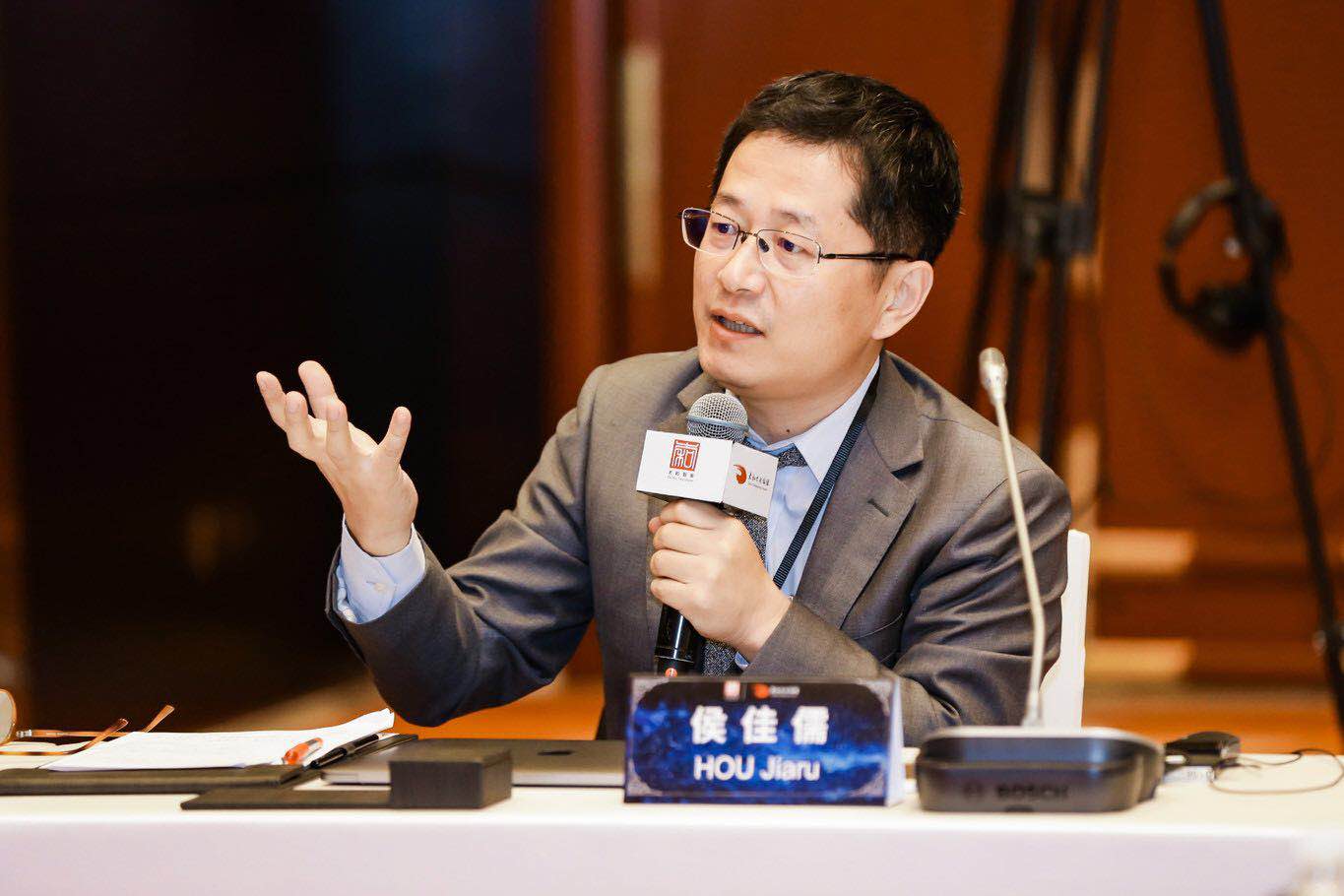
Researcher at the Taihe Institute and Dean of the Institute of Green Development Strategies, HOU Jiaru
HOU Jiaru, Researcher at the Taihe Institute and Dean of the Institute of Green Development Strategies, China University of Political Science and Law, proposed in his report “How to adjust and set the basic tone of environment convention negotiation” that, the tone for the negotiation of international climate convention should be set based on the concept of “a community with a shared future of mankind”.
At present, with the support of new policies and legislation of relevant countries, the market of green technology and circular supply chain is gradually emerging; some large multinational enterprises have repeatedly stated that they will strive to achieve carbon balance in the future. Meanwhile, continuous progress has been made in the fields of intelligent green manufacturing and infrastructure construction, transportation electrification, renewable energy, environmental protection technology, and climate finance, etc. Yet we should also recognize that sustainable development is still generally considered as an important factor in driving up investment costs; many enterprises ignore the growing market demand for green technology and industry, and some countries still do not pay much attention to promoting sustainable development. Therefore, how to help stakeholders strike a balance between growth, sustainable development and climate action becomes an urgent issue.
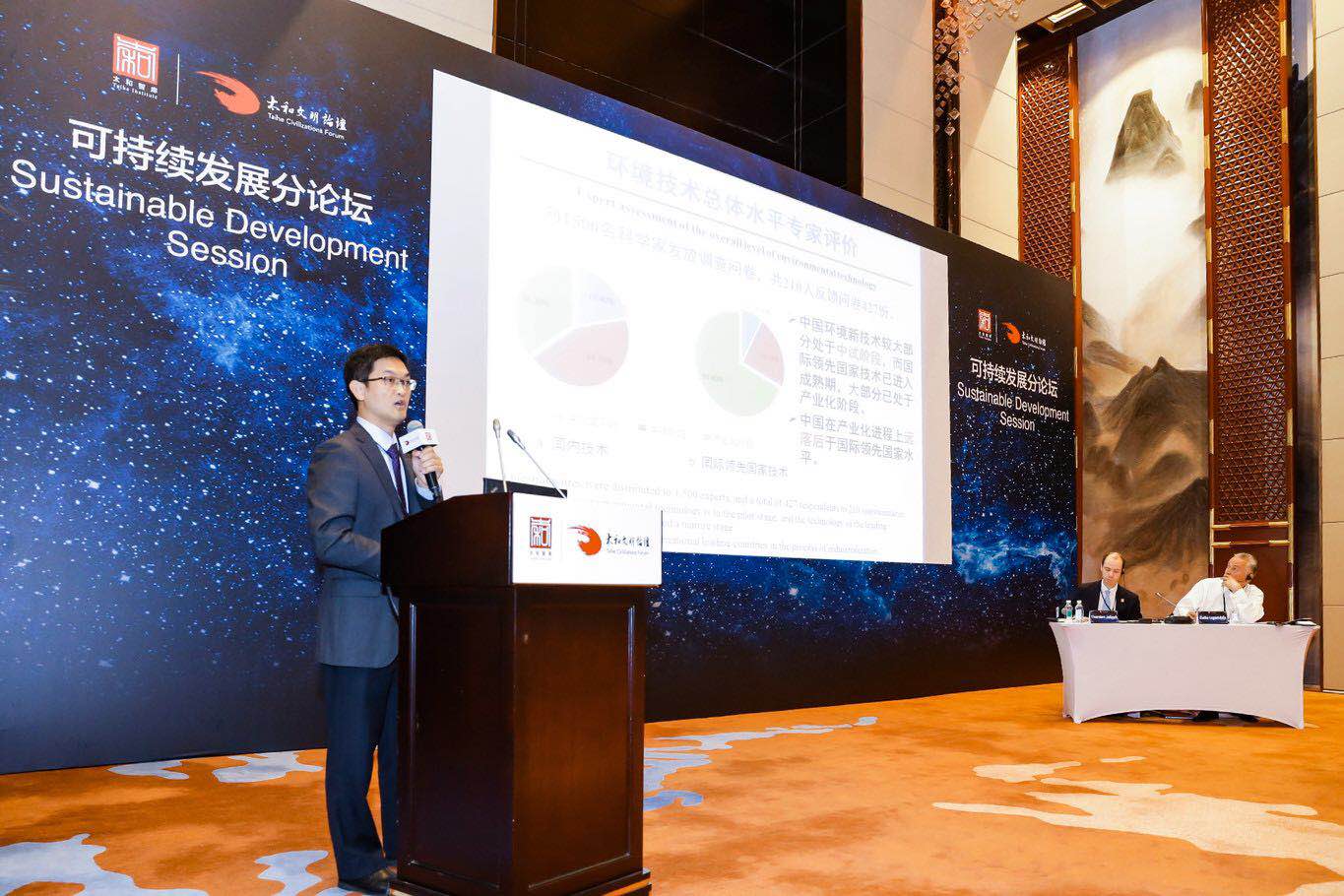
Secretary-General of the Center for Ecological Civilization Research at Tsinghua University, WEN Zongguo
During the discussion on “up-scaling green technology and industry”, WEN Zongguo, Secretary-General of the Center for Ecological Civilization Research at Tsinghua University, made a speech of “Green technology and its industrial development”. WEN pointed out that most of China’s new environmental technologies are still in the pilot stage while that of the leading countries are relatively mature. Generally speaking, China is about 10 years behind the international advanced level, but the gap is shrinking. China’s new environmental technology is relatively basic and has a low level of industrialization, mainly focusing on the equipment and engineering construction with a low proportion of comprehensive service providers.
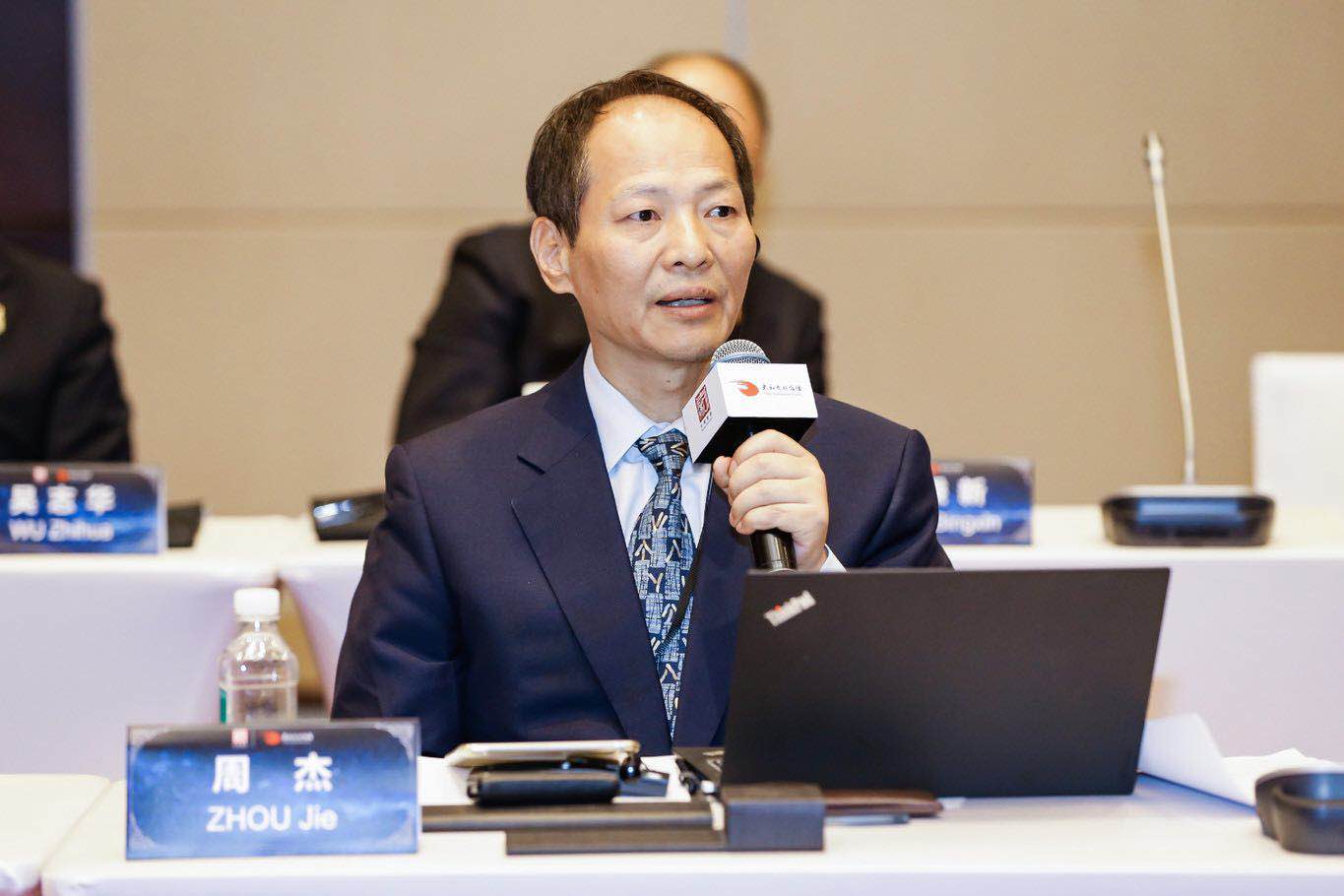
Secretary-General of Macau International Forum on Green Energy, ZHOU Jie
ZHOU Jie, Secretary-General of Macau International Forum on Green Energy, delivered the speech on “The energy technology innovation strategy used by Japan to cope with global warming and energy transition". Taking de-carbonization and many other energy technology innovations adopted by Japan as an example, he said that energy and environmental issues are essential for sustainable development, and technology, especially emission reduction technology innovation, is of paramount importance.
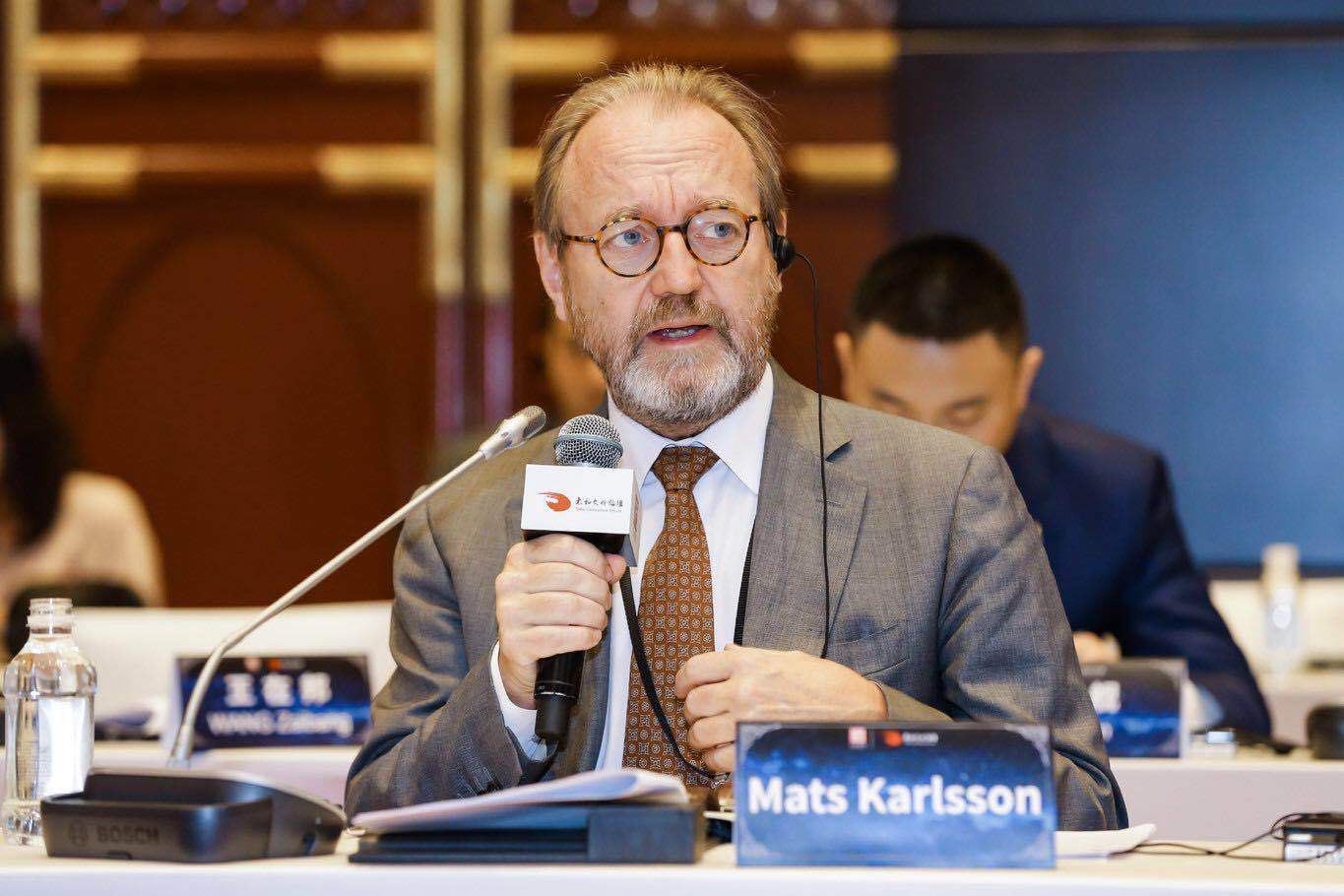
Director of the Swedish Institute of International Affairs, Mats Karlsson
Mats Karlsson, Director of the Swedish Institute of International Affairs, interpreted the future models of sustainable economic development from a European perspective. He believed that Europe urgently needed to rebuild a new concept of harmony similar to China or a social contract under the theme of the Taihe Civilizations Forum, “Science Culture · Future Ethics · Common Value”, so as to revolutionarily achieve the promise of tackling climate change and the goal of sustainable development.
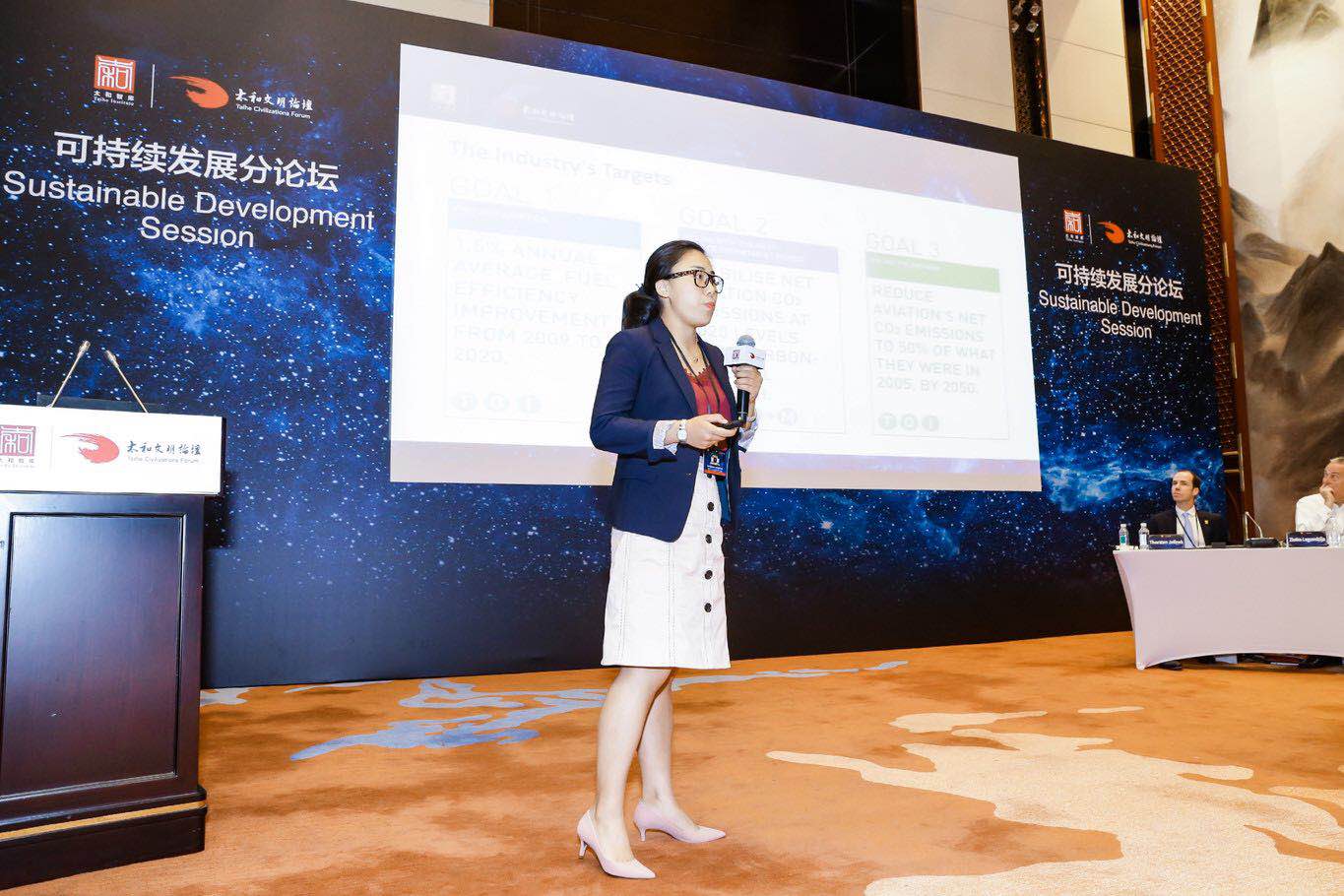
Aviation Environment Manager of the International Air Transport Association (IATA), HUANG Yue
HUANG Yue, Aviation Environment Manager of the International Air Transport Association (IATA), argued that the international aviation industry is closely related to SDGs. From the aspects of the industry’s 2050 roadmap, technology, operations and infrastructure, she proved that the development of the international aviation industry would help to achieve the goal of sustainable development.
China is stepping up its efforts in the management and protection of air, water and land resources, and promises to reduce waste and other forms of pollutant emissions and resource depletion, with its renewable energy investment ranking first in the world. There is no doubt that China is playing an increasingly important role in the global sustainable development.
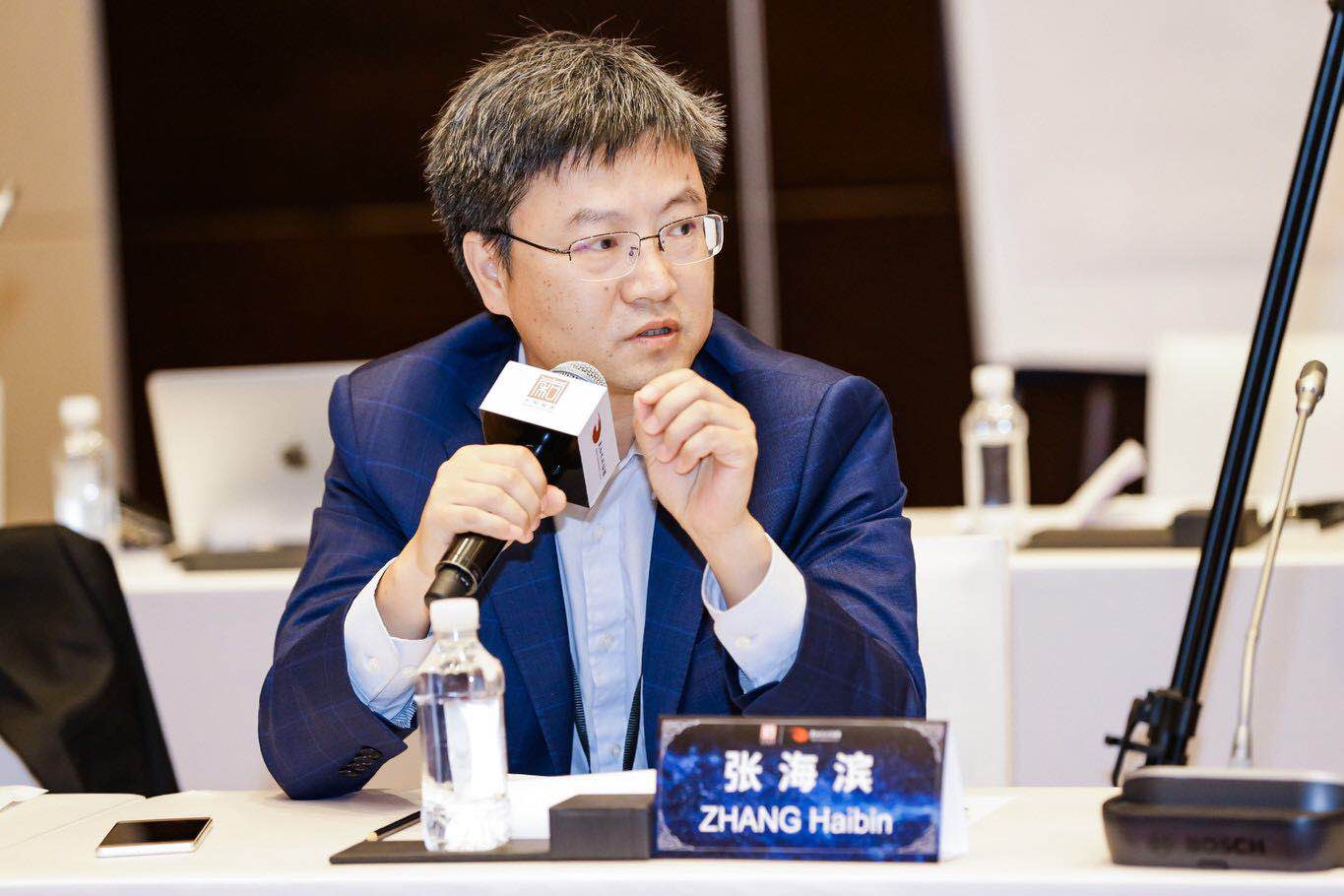
Professor of the School of International Studies at Peking University, ZHANG Haibin
Under the topic of “China’s new role in global sustainable development”, ZHANG Haibin, Professor of the School of International Studies at Peking University first made a speech of “Understanding China’s new role in global sustainability: challenges and opportunities”. ZHANG regarded the new role as a “lead” but stressed that it was not equivalent to a “leader”. The lead does not mean that China has shifted from a developing country to a developed one, but mainly reflects in the leadership of concepts and actions of achieving domestic green and low-carbon development.
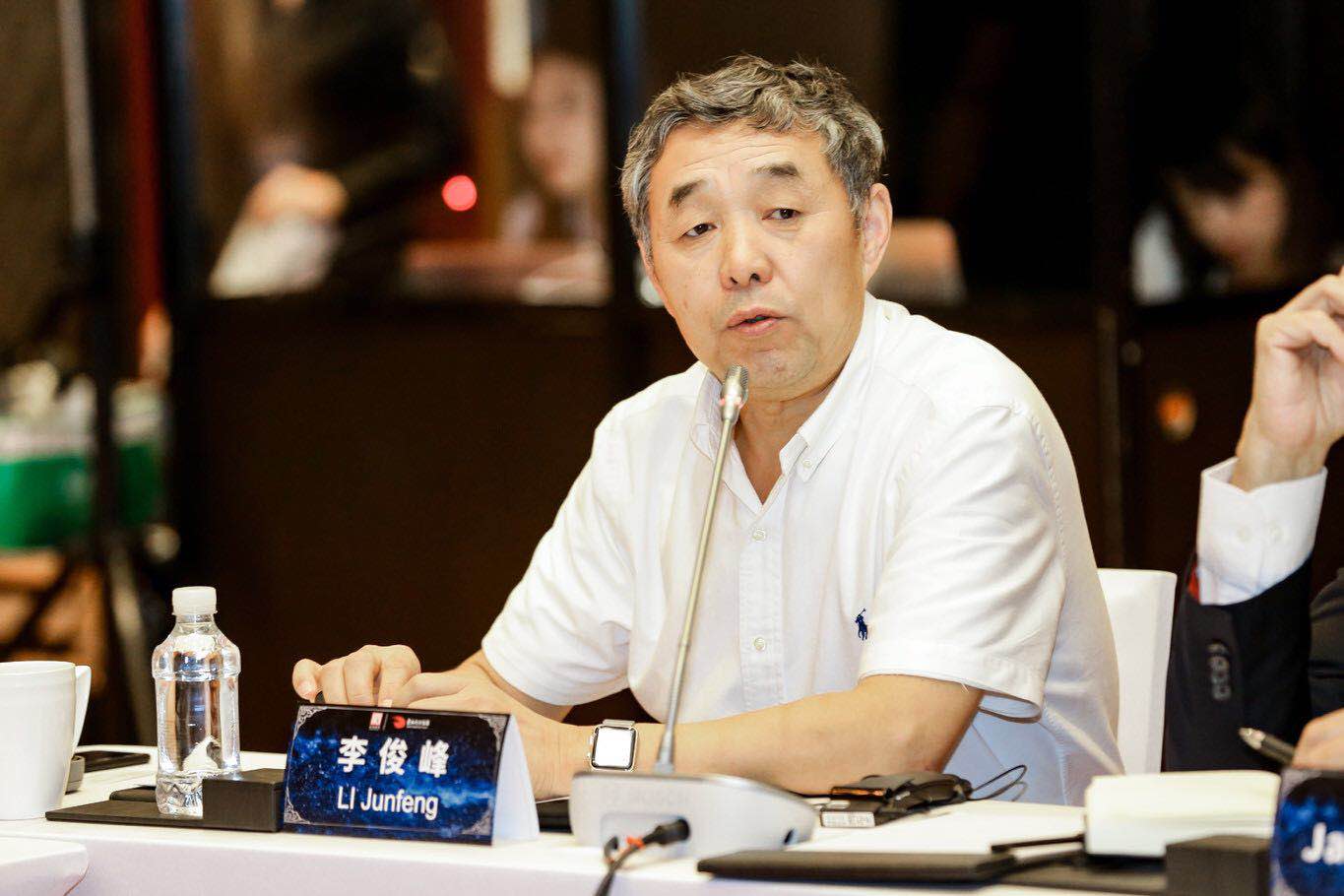
Former Director and Researcher of National Center for Climate Change Strategy and International Cooperation (NCSC), LI Junfeng
LI Junfeng, Former Director and Researcher of National Center for Climate Change Strategy and International Cooperation (NCSC), spoke on the topic of “China’s new role in global sustainable development”. He believed that China has been following and promoting the concept of sustainable development and is not a leader in global climate change and sustainable development; nor is it possible for any country to lead regarding the complexity of climate change.
Director General of China-ASEAN Environmental Cooperation Center at Ministry of Ecology and Environment, ZHOU Guomei
ZHOU Guomei, Acting Director General of China-ASEAN Environmental Cooperation Center at Ministry of Ecology and Environment, proposed in her speech “How does the Belt and Road achieve greenization?” that the green “Belt and Road” and SDGs could be promoted in a coordinate way, as the two have similarities in goals, contents and mechanisms. We could greenize “the Belt and Road” from aspects including top-down design, source control, green management and safeguard measures, etc.
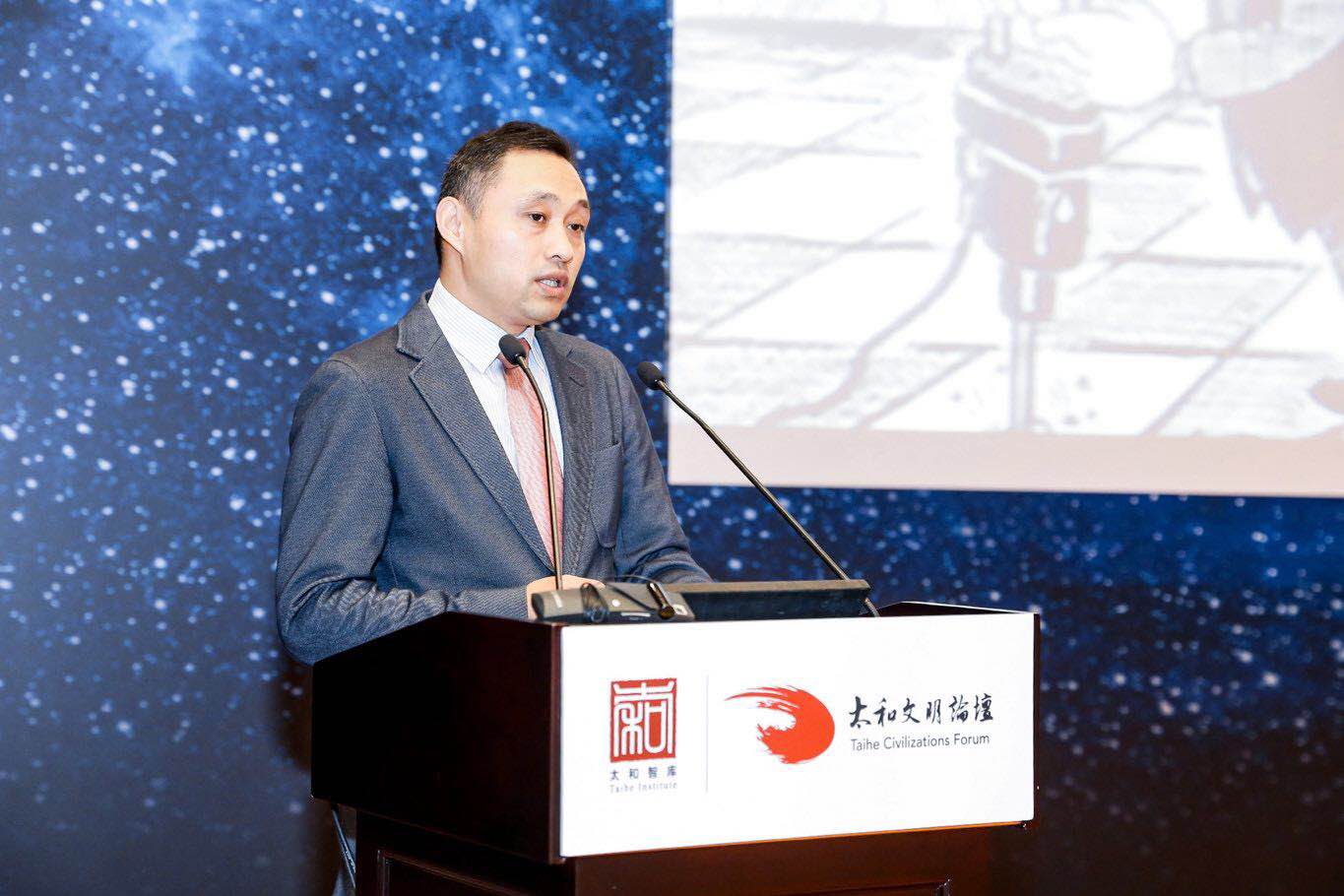
Executive Director of China Energy Conservation and Emission Reduction Industry Fund Management Committee, ZHOU Kai
ZHOU Kai, Executive Director of China Energy Conservation and Emission Reduction Industry Fund Management Committee, pointed out in his report “The Theme of The New World Order: Saving the Earth, Continuing Civilization and Exploring the Road of Ecological Civilization Development” that sustainable development required a consensus on global dialogue, not a quarrel. China has taken the leading position in fields of sustainable development concepts and production techniques, and so on.
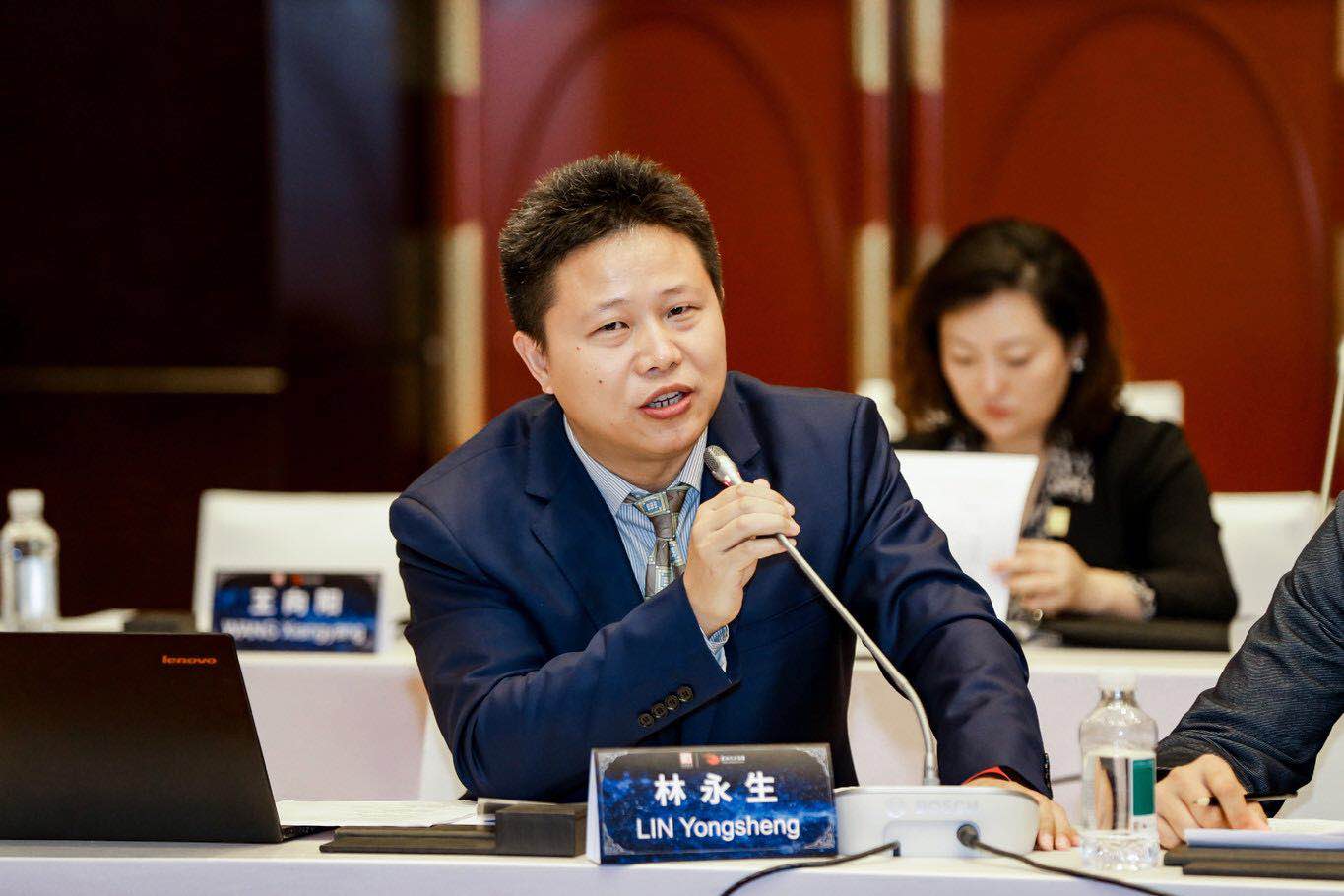
Researcher at Taihe Institute and Professor of the School of Economics and Resource Management at Beijing Normal University, LIN Yongsheng
LIN Yongsheng, a researcher at Taihe Institute and Professor of the School of Economics and Resource Management at Beijing Normal University, made a speech of “China green energy development: measures and performances”. He believed that green energy development was one of the important elements of China’s energy transformation, in addition to improving energy efficiency and the clean utilization of fossil fuels. China has adopted various policies and measures to promote the development of green energy, and has achieved remarkable results.
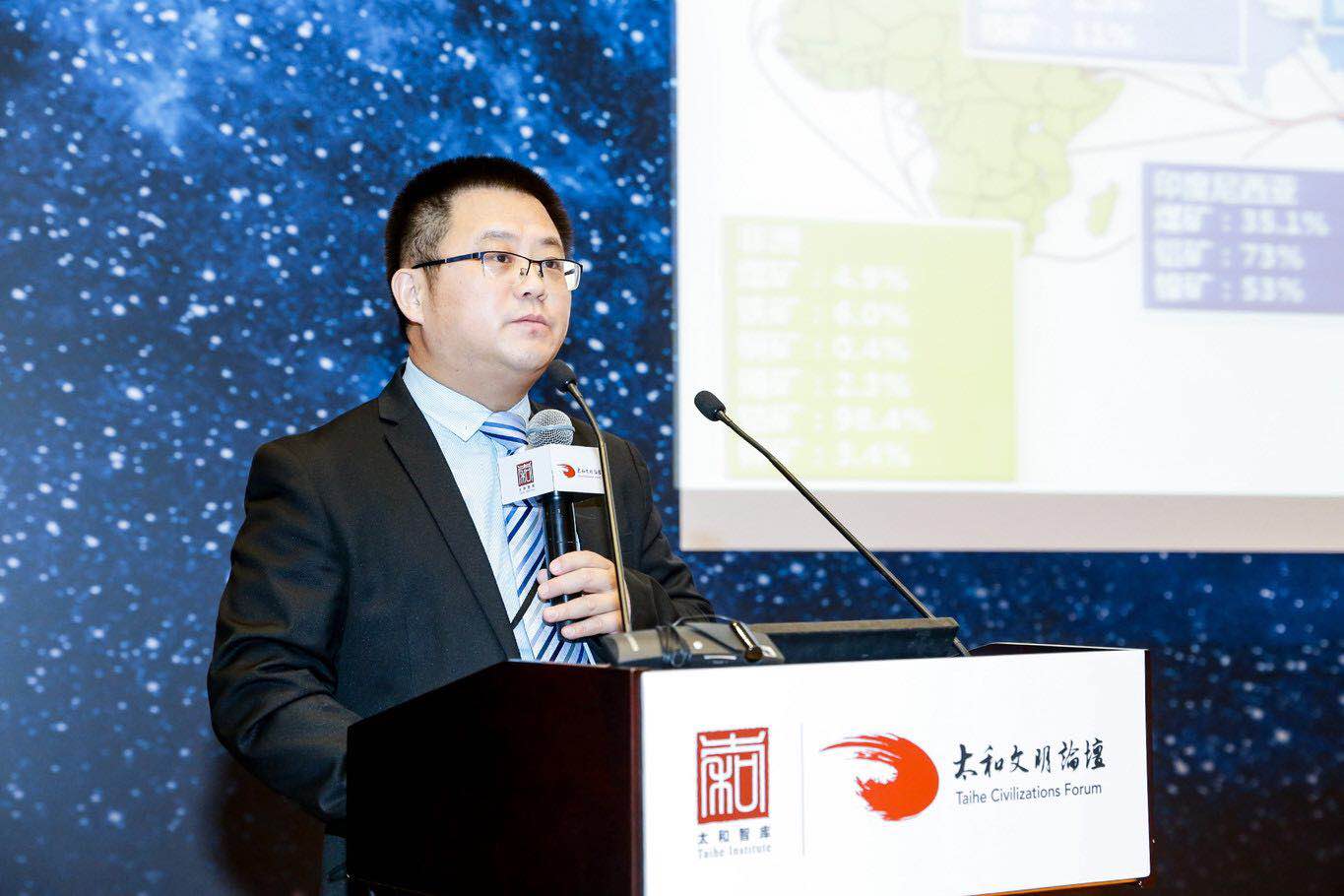
Professor and Director of Institute for Comparative Politics and Public Policy at the Shanghai Institutes for International Studies, YU Hongyuan
YU Hongyuan, professor and Director of Institute for Comparative Politics and Public Policy at the Shanghai Institutes for International Studies, argued that mineral resources played an important role in the economic and social development of all countries in the world. China’s mineral resources depend heavily on foreign trade, price fluctuation and geopolitical economy; hence China needs to enhance the construction of ecological civilization, and cooperate with resource countries to promote “the Belt and Road” construction and global sustainable development.
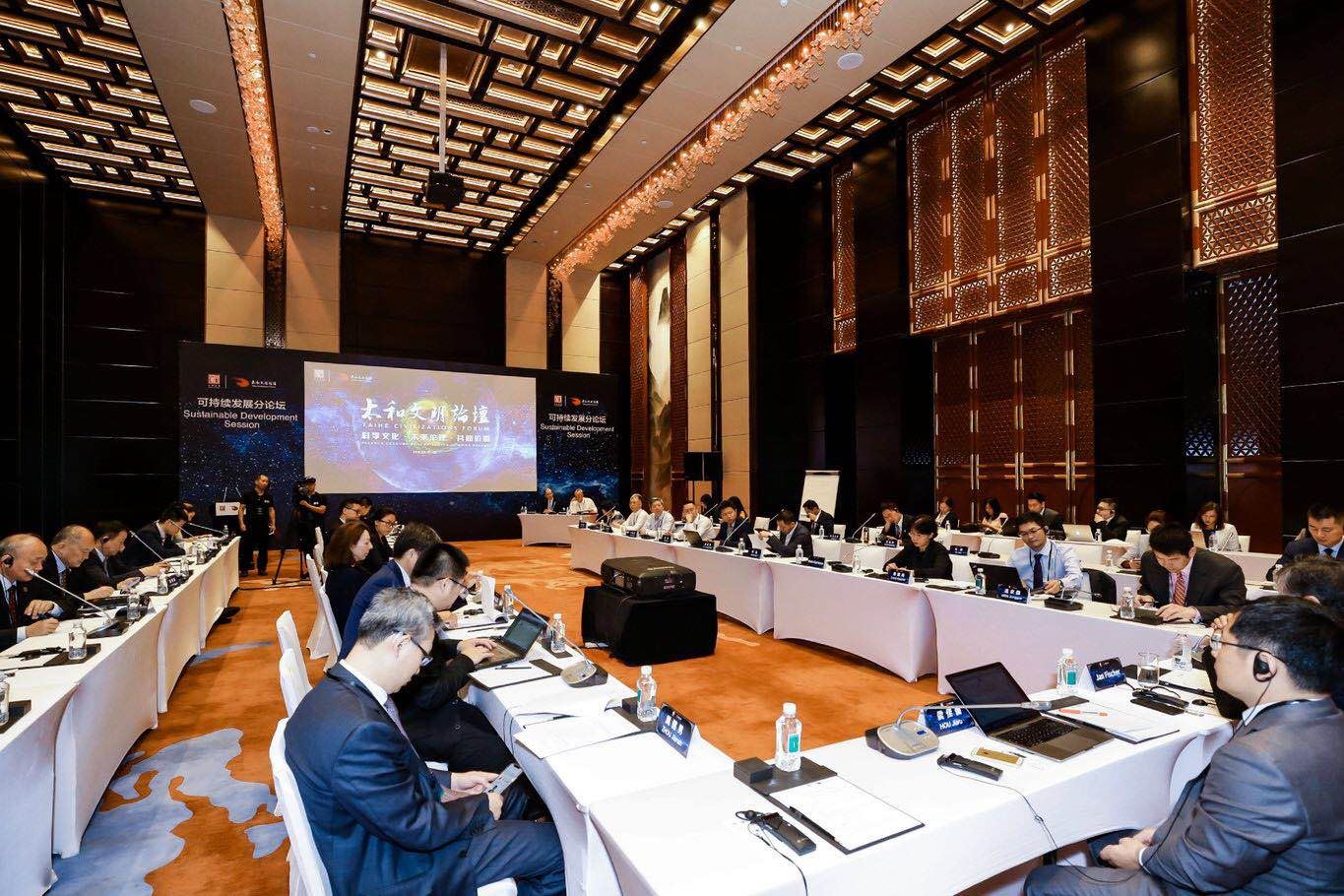
At present, the world economy is slowing down, yet trade protectionism and populism are rising, and injustices and inequalities are further aggravating, which has greatly interfered with the construction of global consensus and the promotion of sustainable development. In September 2015, the UN Summit on Sustainable Development passed the Sustainable Development Agenda 2030, which identified 17 sustainable development goals (SDGs). Through discussions at this session on sustainable development of the Taihe Civilizations Forum, 5 points of consensus have been reached: first, the need to strengthen education for sustainable development; second, the need for all stakeholders to act and participate actively; third, the need to strengthen the establishment of laws, regulations and relevant mechanisms; fourth, the need to maintain policy coherence; and fifth, the need to properly deal with the relationship between the government and market forces.
-

- China-US trade war not yet at climax 18 September , 2018
-

- Comparing SCO to NATO inappropriate 16 September , 2018
-

- Sustainability and climate action: overcoming psychological ... 11 October , 2018
-

- 2018 Taihe Civilizations Forum Content Highlights 15 April , 2019
-
2018 Content Highlights
-

- Rashid Alimov Secretary-General of the Shanghai Cooperation Organization(2016-2018).
-

- Mohamed Sameh Amr Professor of International Law Department at Cairo University. He is also a ...
-

- Irina Bokova Distinguished Fellow of Taihe Institute, Director-General of...

